Hip injections and joint pathology - 90% reliable for finding the cause of hip pain?
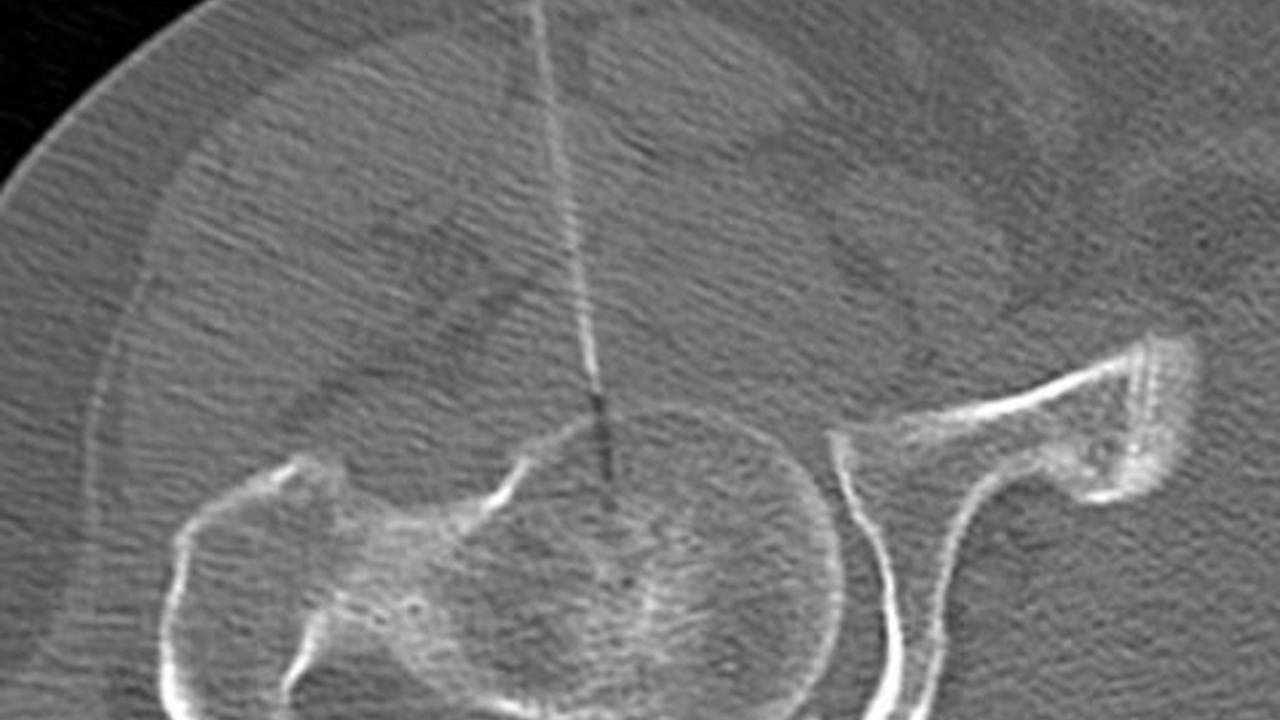
Why am I talking about hip injections?
In a previous post, I shared an orthopedic physician's objections to what we've been talking about with FAI, and in a follow up I talked about hip injections and their reliability and usefulness (spoiler: they don't seem reliable or particularly useful). In case you missed the original YouTube comment from the orthopedic physician, here's a relevant snippet:
Since your [sic] so knowledgeable of the hip joint anatomy I hope you would agree that using a [sic] anesthetic agent and steroid agent to inject into the hip joint would sufficiently rule in or rule out the diagnosis of labral pathology or intra-articular pathology. Guess what? We do it all the time. How could it be...
Shoulder pain and X-rays – do shoulder x-rays mean anything?
The most common myth about shoulder X-rays for shoulder pain
The vast majority of people believe that shoulder X-rays are a good way to determine what's causing shoulder pain.

Stress, among other things, can make your shoulder muscles quite cranky.
Many doctors also say that an X-ray is a good way to investigate shoulder pain. They might find things like medial acromial and lateral clavicular sclerosis, subchondral acromial cysts, inferior acromial and clavicular osteophytes, and degeneration of the acromioclavicular joint...
Those all sound terrible, don't they?
If you saw any of those things in a shoulder X-ray, you'd think those were the obvious cause of your pain. You'd also probably think that treating...
Hip Labral Tears: Everything You Need to Know About Hip Pain, Injections, Surgery, and Functional Training Solutions.
If you’re experiencing hip pain, you might be wondering if it’s a symptom of joint damage and a labral tear. Read on to learn what the science says on the correlation between pain and labral tears, how to figure out what may be causing your discomfort, and ways to work toward pain relief.
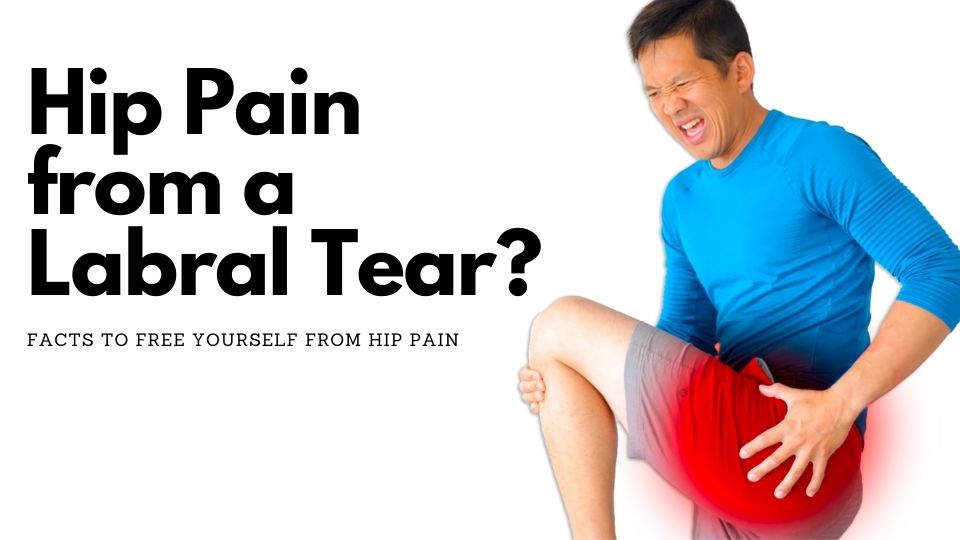
Table of Contents
How to improve scapular retraction
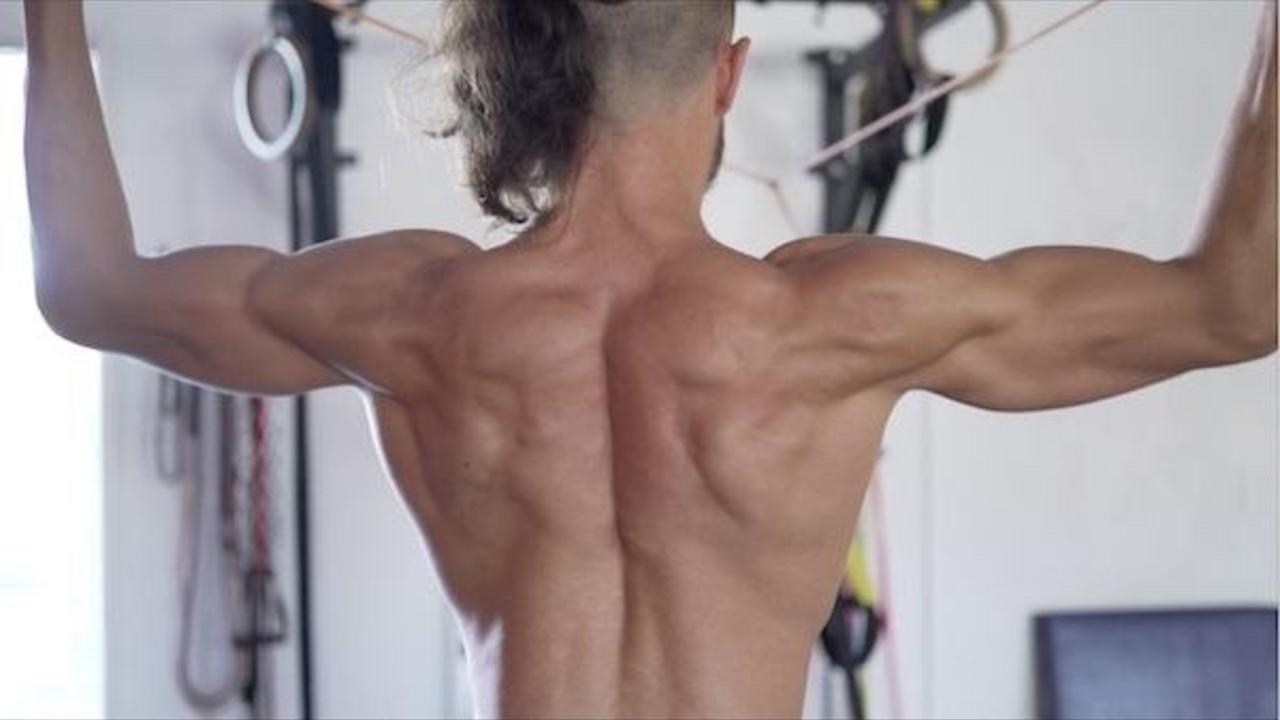
Whenever we work with clients who have problems with their shoulders, there's one motion that we ALWAYS try to improve right away - scapular retraction. If you have shoulder issues it can often be helped with simple exercises that emphasize alignment and retraining.
In this blog we are looking at a few exercises to help restore proper alignment and strength in the correct muscles to support shoulder health.
What is scapular retraction?
Scapular retraction involves pulling your shoulder blades (the scapulae) in towards each other/towards the spine - WITHOUT shrugging up toward your ears.
The opposite of scapular retraction is scapular protraction. In protraction your shoulder blades move away from one another and your arms...
What do you need to do to fix anterior tilt?

As personal trainers, we see anterior pelvic tilt a lot. As a result of our YouTube videos on different approaches and techniques relevant to training, we get a lot of questions about what’s really necessary to get stronger, fitter, and more mobile when you have anterior pelvic tilt.
One of the big questions we get is about squatting and deadlifting and how they relate to anterior tilt. Specifically, people want to know whether squatting and deadlifting are actually necessary components of fixing anterior tilt!
What do squatting and deadlifting have to do with anterior tilt?
For people with anterior pelvic tilt, exercise selection is really important. If you do the wrong exercises, you can easily make...
How to get rid of pain in the TFL (tensor fascia lata)
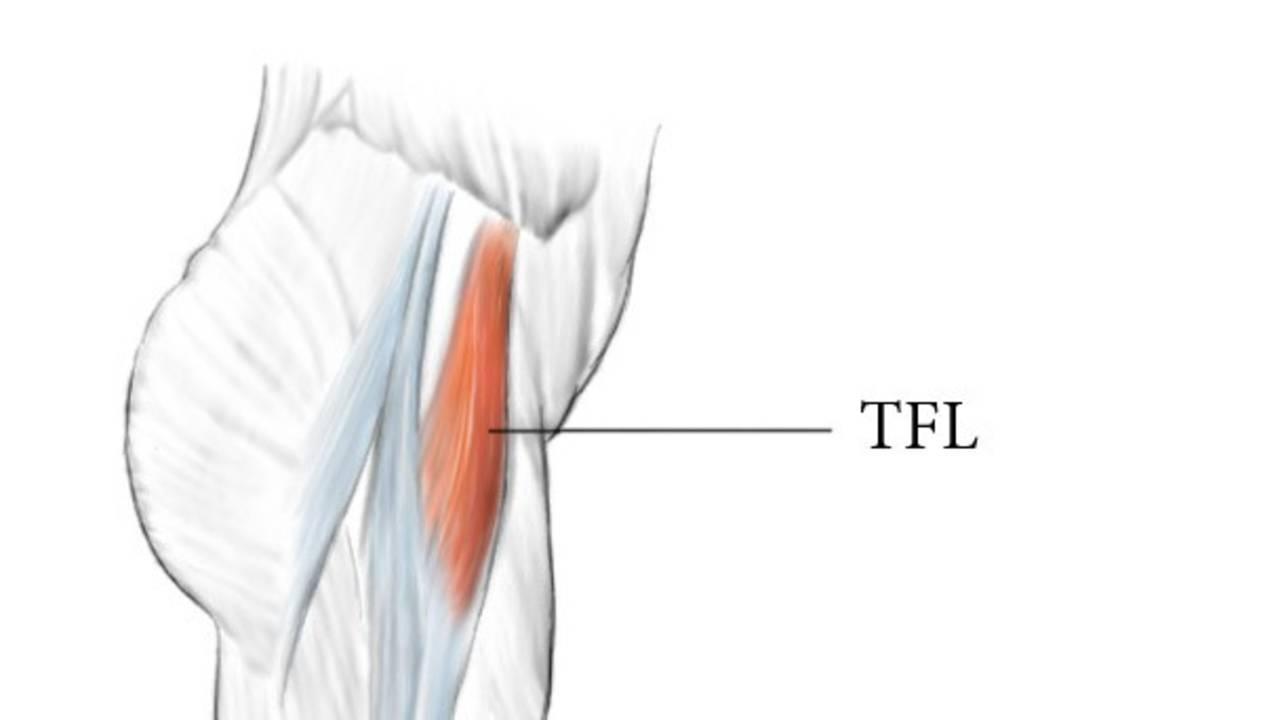
Do you feel an achy, dull, annoying pain in the side of your hip that’s been there for months or even years? Does it seem to get worse after any type of dynamic physical activity or any prolonged period of sitting?
It’s possible that this discomfort is due to a shortened and dysfunctional tensor fascia latae muscle, or “TFL” for short. I’ve experienced this discomfort myself so I know exactly how much of a pain in the [TFL] it can be!
In this article, we’re going to explain why your tensor fascia lata might be dysfunctional and then present a step-by-step training protocol that can help you reduce your TFL pain.
 You'll smile like this too when your TFL feels better.
You'll smile like this too when your TFL feels better.My TFL Story...
Shoulder Labral Tears Part 2: Does surgery work?

In this article, we're going to look at the statistics and studies on shoulder labral tear surgery to help you discern the risks involved. To learn all about shoulder labral tears check out part 1 of this blog series for more background information.
If you have shoulder pain and someone has told you that it’s coming from a labral tear, you may feel like your only option is surgery. After all, if something in your shoulder is torn, how could you possibly be able to do anything to fix it besides having surgery? You can’t possibly go in yourself to fix that tear!
What are the odds of shoulder labrum surgery success?
While surgeons may suggest that shoulder surgery is often extremely successful, it’s important to...
Shoulder Labral Tears: Everything you Need to Know About Shoulder Pain, Injections, Surgery, and Functional Training Solutions.

Learn more about how functional training can protect your shoulders.
If you’re experiencing shoulder pain, you may be wondering if you have a torn shoulder labrum. Read on for the science behind labral tear detection and diagnosis, and why functional training should be your first choice for managing pain and building the strength you need to maintain shoulder stability.
Table of Contents
What are Shoulder Labral Tears?
How Do You Know If You Have a Labral Tear?
The Reliability of MRI, MRA, and CT Scans for Diagnosing Labral Tears
The Reliability of Physical Tests for Diagnosing Labral Tears
The Reliability of Anesthetic Injections for Diagnosing Labral Tears
Why Massage Sometimes Makes Your Body Feel Worse

Massage and myofascial release are great for temporary pain relief, releasing tension, and to kickstart recovery, but you may need to add functional training to strengthen muscles and relieve tension and pain in the long-run.
Table of Contents
The Pros and Cons of Massage and Myofascial Release
When is Massage Good for Tight Muscles?
Understanding Short, "Tense" Muscles
Tight and Stiff Muscles are Weak Muscles
How Massage Can Fix Stiff Muscles
Massage isn’t a Permanent Solution for Tight Muscles and Joint Pain
Add Functional Training to Build Strength
When NOT to Use Massage for Tight Muscles
The Best Use of Massage for Tight Muscles
The Pros and Cons of Massage and Myofascial Release
If your muscles always feel tight...
How to sleep with anterior pelvic tilt
How should you sleep if you have an anterior pelvic tilt? If you sleep in the wrong position, will it make your tilt worse? If you sleep in a good position, will it make it better?
If you have an anterior pelvic tilt we have some great information for you, including how to sleep to improve your alignment, and a video to help you understand the best position for your pelvis at night.
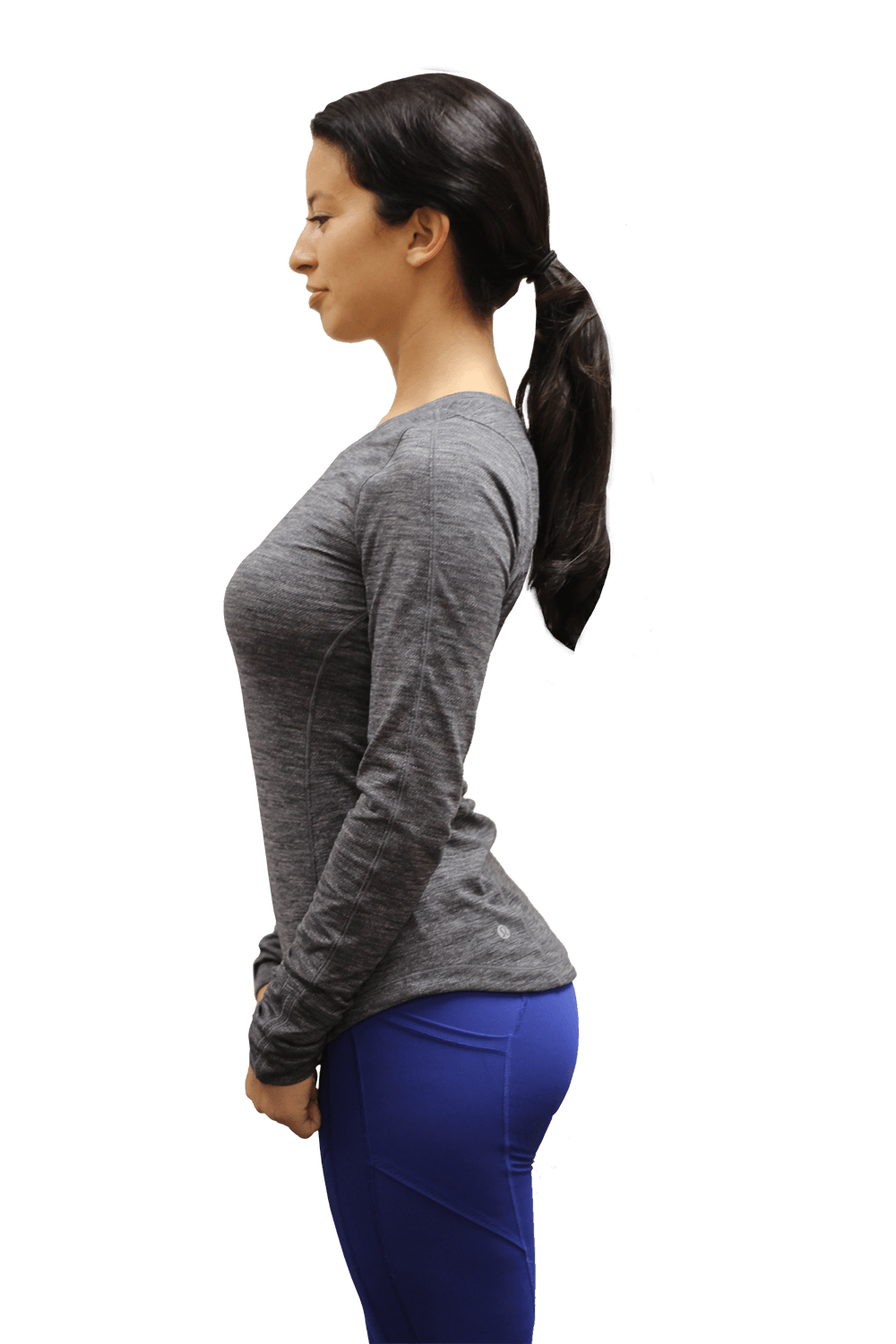
What is anterior pelvic tilt?
An anterior tilt is when the front of your pelvis is tipped towards the floor. It's not a terrible orthopedic condition. It just means certain muscles are positioning your pelvis so that the front end is lower than ideal.
However, this position creates an arch in your lower back that is not ideal...


